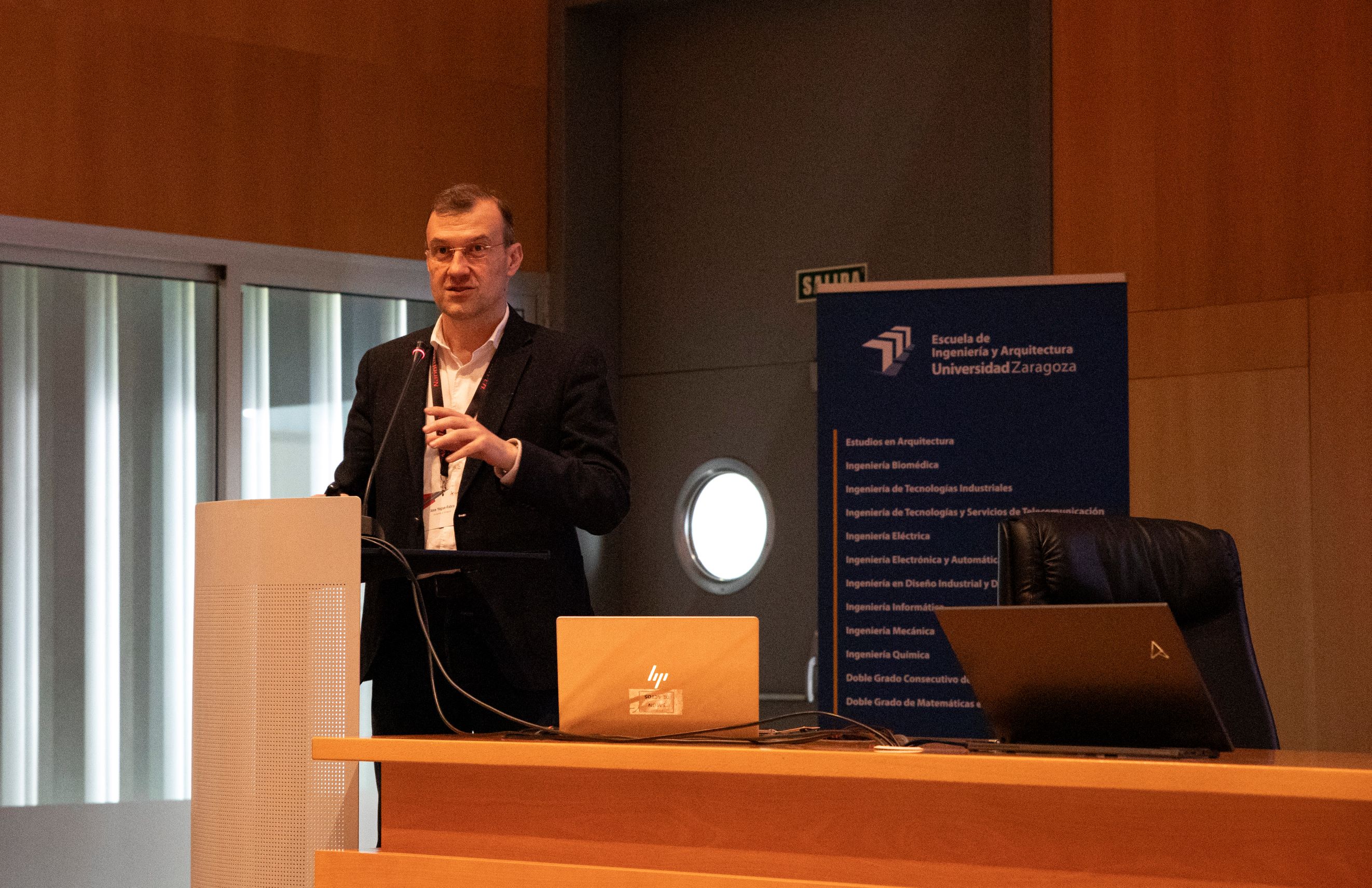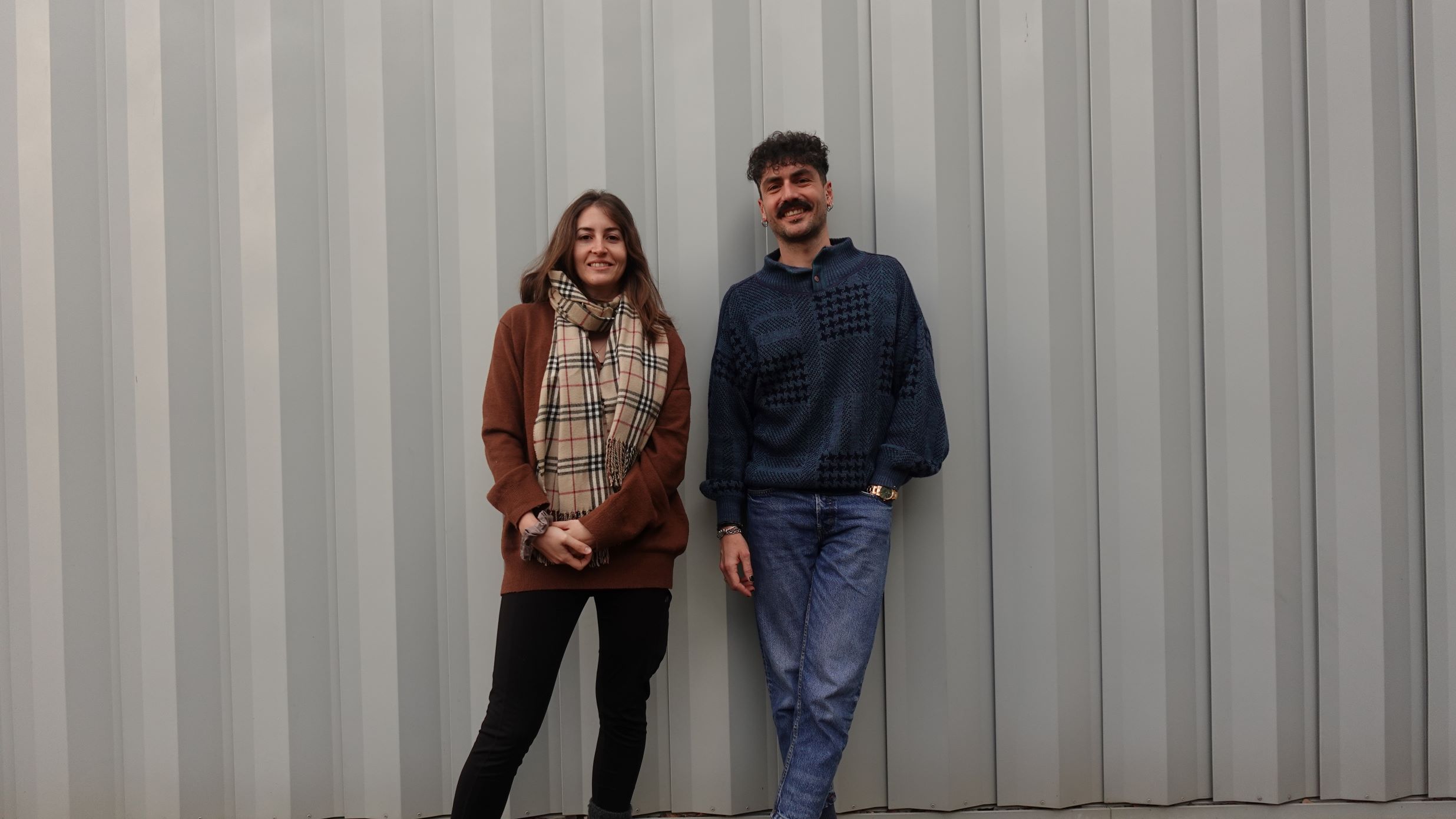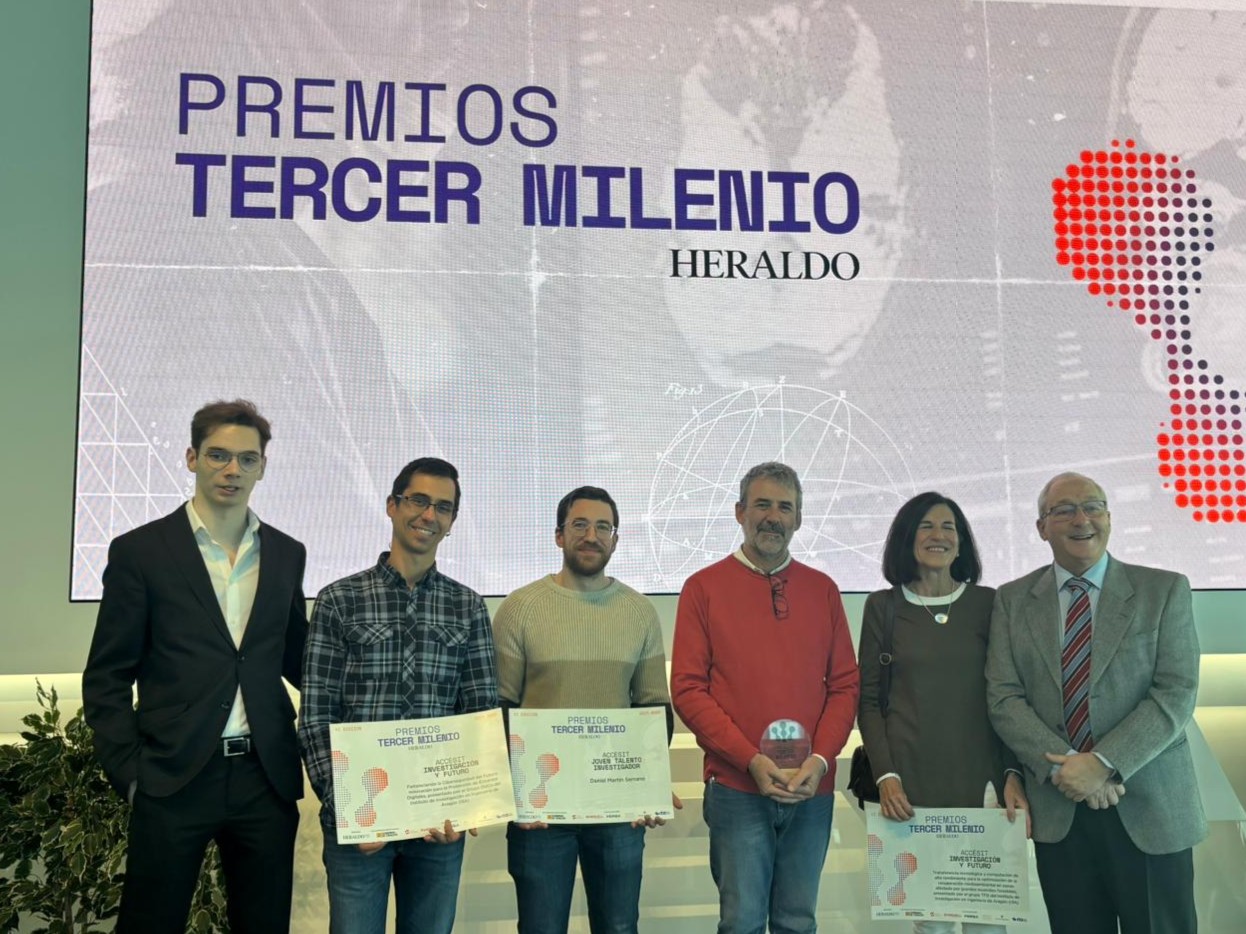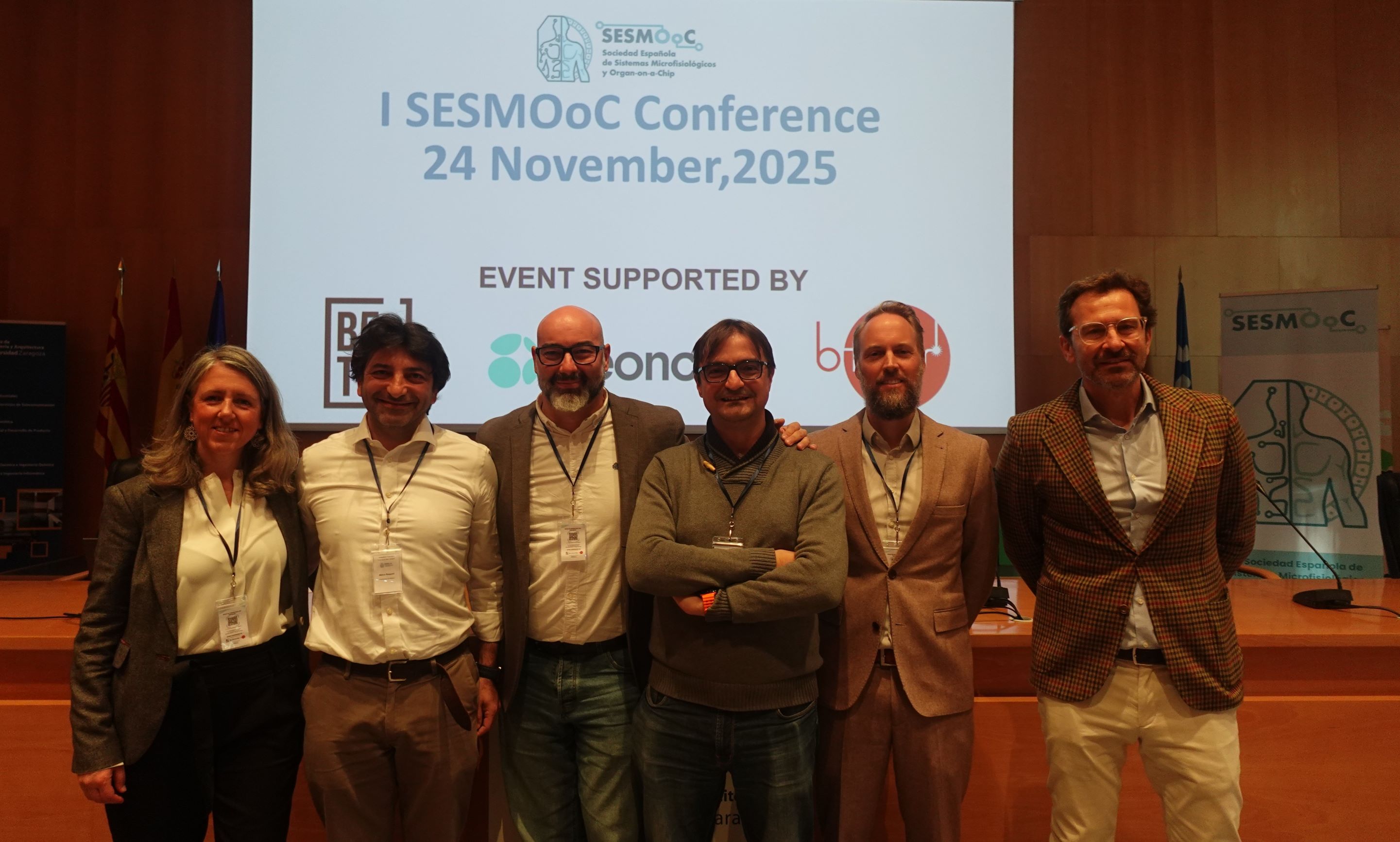
José Antonio Yagüe is the new vice-president of the European Society for Precision Engineering and Nanotechnology (EUSPEN). He has two years ahead of him in which he will work for the promotion and development of precision engineering in Europe.
José Antonio Yagüe is the director of the School of Engineering and Architecture (EINA) at the University of Zaragoza and professor in the Department of Design and Manufacturing Engineering. His research, in the Manufacturing Engineering and Advanced Metrology Group (GIFMA) of the I3A, focuses on dimensional metrology, precision engineering and manufacturing optimisation and automation. He is a member of several scientific societies, in addition to the European Society for Precision Engineering and Nanotechnology (EUSPEN), of the International Academy of Production Engineering (CIRP), of which he is a Fellow. He has been elected vice-president of EUSPEN in the framework of the Congress that the scientific society held in Zaragoza at the EINA, between 9 and 13 June, coinciding with its 25th anniversary.
The main objective of the Euspen is to promote international collaboration, but also "we intend to strengthen collaboration between industry and universities, which is already very important, with a substantial presence of technology companies in the society's activities. All of this, with a special interest in the training of students, who will be the future professionals in this field," says the new vice-president of the scientific society.
About the celebration of this congress at EINA, the School he directs, he makes a positive balance. 300 people from 26 different countries passed through its facilities; 27 companies showed their latest developments at their stands. Among many others, cutting-edge advances in large-scale applications have been shown, such as the CERN particle accelerator or the electric propulsion systems used in European Space Agency (ESA) missions, and also on a small scale, such as the latest developments in optical sensors developed at the University of Tohoku, in Japan.
"It has become clear that Europe continues to play a fundamental role in the field of technology, not only because of its own developments, but also as a meeting and collaboration point with other major technological hubs, such as America and Asia. During the congress, it became clear that collaboration is the best way for technological development and the search for solutions to global problems," underlined José Antonio Yagüe.
Precision engineering is highly transversal, and some of its challenges are to be found in the field of developing sustainable technologies, processes and products. ‘Also in its application to bioengineering or, more specifically, to the development of new positioning and control systems to achieve relative precision as close as possible,’ says the EUSPEN vice-president, citing CERN as an example, "where it is necessary to obtain alignments as precise as aligning two football pitches, one next to the other, with an error smaller than the thickness of a human hair. In the everyday environment, many of the products we use have components that have similar relative accuracy requirements. We will continue to work on all of this.
At the moment, as director of the EINA, he is already preparing the next academic year. He highlights the launch of the new syllabus for the Master's Degree in Industrial Engineering, in which collaboration with companies will be strengthened in order to resolve cases raised by them. Along these lines, "we will continue to strengthen internationalisation activities with projects inside and outside Europe. Without forgetting our immediate surroundings, as we continue to work to improve our infrastructures inside and outside our buildings, with the unique opportunity provided by the development of the DAT Alierta technology park, in which the University of Zaragoza and EINA are undisputed protagonists".




